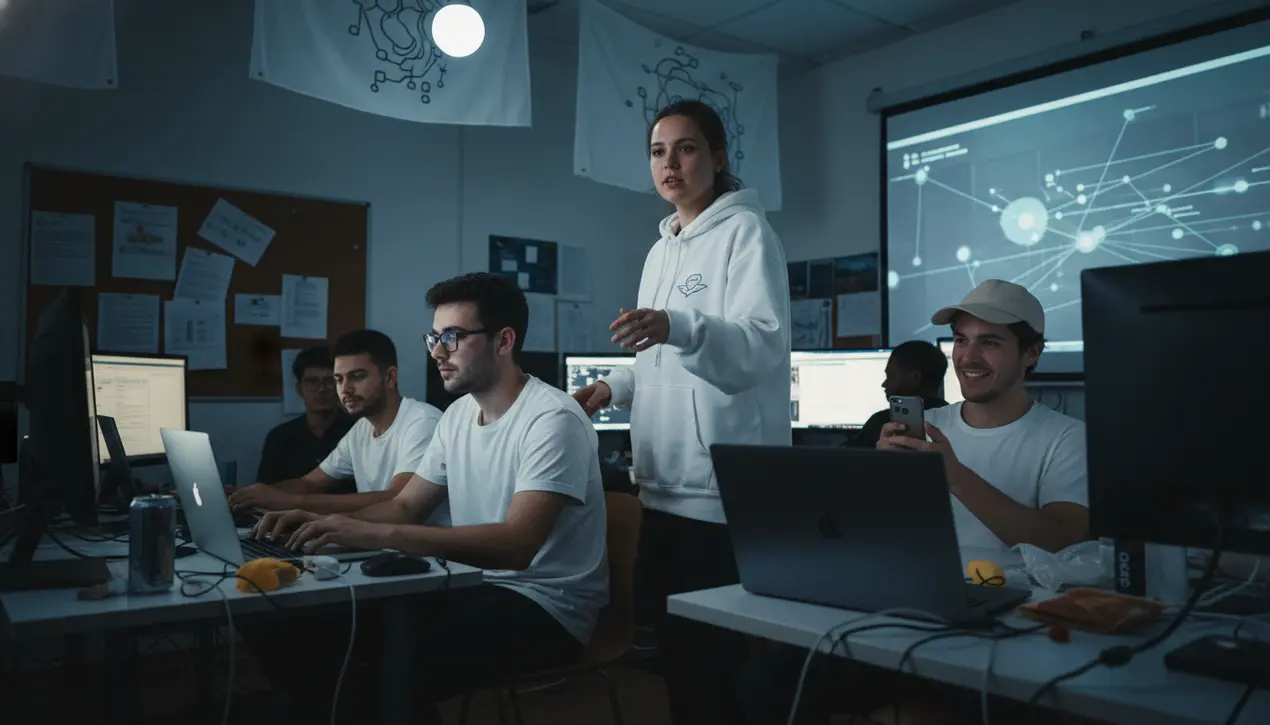- News
- elections
- WIRED Roundup: Fandom in Politics, Zuckerberg’s Illegal School, and Nepal’s Discord Revolution

PoliticselectionsPost-Election Analysis
WIRED Roundup: Fandom in Politics, Zuckerberg’s Illegal School, and Nepal’s Discord Revolution
MA
Mark Johnson
2 hours ago7 min read1 comments
The political landscape isn't just shifting; it's being fundamentally rewired, and the recent US November elections provided a masterclass in this new digital-era campaigning. Forget the traditional door-knocking and stump speeches for a moment—though those still have their place—and look at the victories where online fandom, cultivated in the chaotic, meme-filled trenches of social media, became a decisive political weapon.We saw candidates who weren't just politicians but protagonists in a community-driven narrative, their campaigns operating less like policy platforms and more like fan conventions. Their supporters weren't merely volunteers; they were superfans, creating viral content, defending their chosen figure against online attacks with the ferocity of a Stan Twitter army, and turning out with a level of enthusiasm typically reserved for a season finale.This is the new political playbook, and it’s one that traditional strategists are scrambling to decode. It’s a dynamic, sharp-edged media war where engagement metrics can be more telling than polling numbers, and a well-timed TikTok can cut through millions in ad spending.The strategy mirrors a high-stakes campaign ad run in perpetuity, where authenticity—or a compelling facsimile of it—trumps polished perfection. This phenomenon didn't emerge from a vacuum.We can trace its lineage back to the 2008 Obama campaign, which harnessed the nascent power of online organizing, and the 2016 Trump campaign, which weaponized the direct, unfiltered connection of Twitter. Now, it has evolved into a sophisticated ecosystem where dedicated Discord servers act as digital war rooms, coordinating everything from fundraising pushes to fact-checking opposition research in real-time.The consequences are profound. This model can mobilize previously disengaged demographics, but it also risks deepening political tribalism, where allegiance to a person overshadows commitment to a party platform or even governance itself.It raises critical questions about the future of political discourse: when does passionate support cross into cult-of-personality? Can substantive policy compete with the addictive drama of a political 'ship' or the thrill of a shared inside joke? The analysts watching this unfold are noting that the candidates who mastered this didn't just have a message; they had a vibe, an aesthetic, a story that their followers were desperate to see through to the next chapter. As we look ahead to the next election cycle, the lesson is clear: the path to power may no longer run through Iowa diners alone, but increasingly through the curated, passionate, and potent world of online fandom.
#weeks picks news
#US elections
#online fandom
#political movements
#digital activism
Stay Informed. Act Smarter.
Get weekly highlights, major headlines, and expert insights — then put your knowledge to work in our live prediction markets.
Related News
Comments
Loading comments...
© 2025 Outpoll Service LTD. All rights reserved.